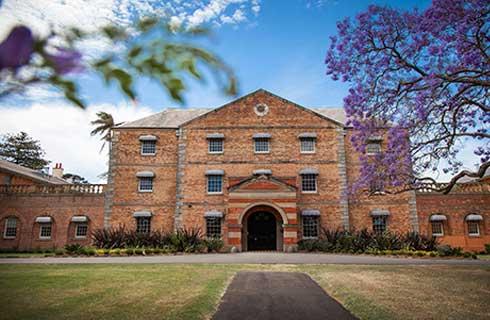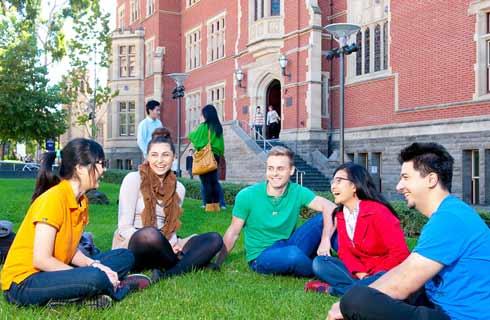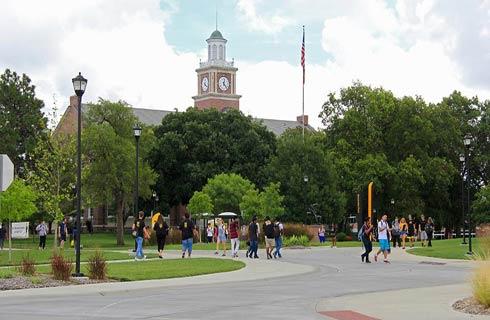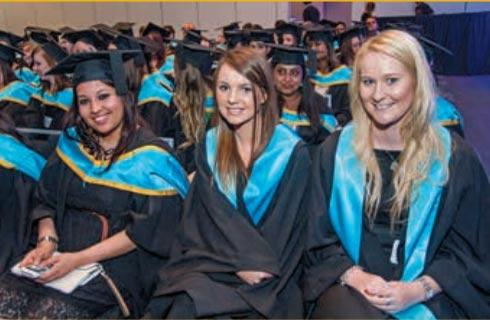BSc (Hons) Biochemistry

学历文凭
Bachelor Degree with Honours

专业院系
Chemistry and Pharmaceutical Sciences

开学时间

课程时长

课程学费

国际学生入学条件
96-112 UCAS tariff points
You must have GCSE English and Mathematics at grade 4 (grade C) or equivalent and have studied at least one relevant subject at Level 3. Eligible subjects include:
Biology
Chemistry
Applied Science
Typical Level 3 qualifications include:
A levels (within a minimum of grade C from one relevant subject)
BTEC Extended Diploma
Access to HE Diploma
Alternative equivalent UK and international qualifications and subjects are also considered. If you are not eligible for Year 1 entry, we also offer this course with an integrated foundation year.
For entry onto an undergraduate degree programme, you would normally need a pass in at least two A levels, or equivalent level 3 qualifications as a minimum. The new level 3 T levels, offered from September 2020, will be considered for entry onto our courses. There may be some course-specific requirements. You may also need GCSE passes at grade 4 (or C) or above, or other level 2 qualifications. These may be required in specific subjects, depending on your university course. including any additional course requirements such as an interview, portfolio or audition. Other level 2 qualifications may be accepted as alternatives. Some courses ask for additional entry requirements because of the requirements of the associated profession.
IELTS (Academic ) - 5.5
IDP—雅思考试联合主办方

雅思考试总分
5.5
- 雅思总分:5.5
- 托福网考总分:60
- 托福笔试总分:160
- 其他语言考试:PTE (Academic) - 59
CRICOS代码: C700
申请截止日期: 请与IDP联系 以获取详细信息。
课程简介
相关申请
 预科
预科 奖学金
奖学金 实习机会
实习机会 在校学习
在校学习 跨境学习
跨境学习 校园授课-线上开始
校园授课-线上开始 在线/远程学习
在线/远程学习
开学时间&学费
学费信息仅供参考,请与IDP联系以获取详细信息
| 开学时间 | 时长 | 学费 | 地点 |
|---|
关于提赛德大学

迪赛德大学位于米德尔斯堡镇中心,拥有一流的校园和可供学生专注于学习的安全友好场地。大学以其幸福感和学生满意度而倍感自豪,通过旨在进一步提高学生体验和促进幸福并以学生为中心的学生生活大楼为为学生提供广泛的个人支持服务和咨询。大学拥有丰富的历史底蕴,为其创新、充满活力和积极的环境提供了条件。大学近年来发展迅速,在中国、印度、马来西亚和尼日利亚设立了四个区域办事处。迪赛德大学拥有一个合作伙伴、学生、毕业生和与国际接轨教职员工的全球网络。在超过2.75亿英镑的投资之后,迪赛德大学对校园进行了改造,以加强其承诺,为学生提供一个优秀的学习体验。令人振奋的新落成的国家地平线中心也将迪赛德大学置于全英国令人激动的生物产业发展中心。其他近期的发展包括面向所有学生的学生生活大楼、耗资700万英镑的图书馆翻新和现代化商学院。学生可探索北约克荒原等周围乡村美景及大学一部分的MIMA画廊等文化产品。迪赛德采用尖端的数字技术以彻底改变学生的学习方式,面向未来的学习让迪赛德成为一个真正提供在线学习的绝佳之处。
本校相关课程

MA Multimedia Public Relations
学历文凭
Masters Degree (Taught)
开学日期
课程费用总额


MSc IT Project Management
学历文凭
Masters Degree (Taught)
开学日期
课程费用总额


MA Fine Art
学历文凭
Masters Degree (Taught)
开学日期
课程费用总额


Doctorate in Education
学历文凭
Ph.D.
开学日期
课程费用总额


MA Concept Art
学历文凭
Masters Degree (Taught)
开学日期
课程费用总额


MRes Clinical Research
学历文凭
Masters Degree (Research)
开学日期
课程费用总额

其他相关课程

理学学士(荣誉)生物医学
 德蒙福特大学
德蒙福特大学泰晤士高等教育世界大学排名:639
学历文凭
Bachelor Degree with Honours
开学日期
课程费用总额


理学硕士-分子和细胞生物学(研究)
 怀卡托大学
怀卡托大学学历文凭
Masters Degree (Research)
开学日期
课程费用总额


生物医学硕士
 奥克兰大学
奥克兰大学学历文凭
Masters Degree (Research)
开学日期
课程费用总额


MRes Cancer Biology
 诺丁汉特伦特大学
诺丁汉特伦特大学泰晤士高等教育世界大学排名:696
学历文凭
Masters Degree (Research)
开学日期
课程费用总额


理学学士(荣誉)生物医学
 布里斯托大学
布里斯托大学泰晤士高等教育世界大学排名:81
学历文凭
Bachelor Degree with Honours
开学日期
课程费用总额


PhD in Immunological and Cellular Strategies in Metabolic Disease (King's and Technische Universität Dresden)
 伦敦国王学院
伦敦国王学院学历文凭
Ph.D.
开学日期
课程费用总额










